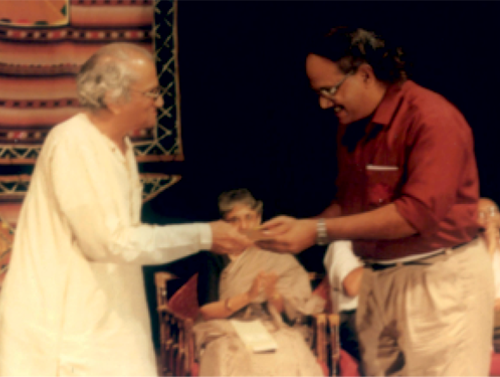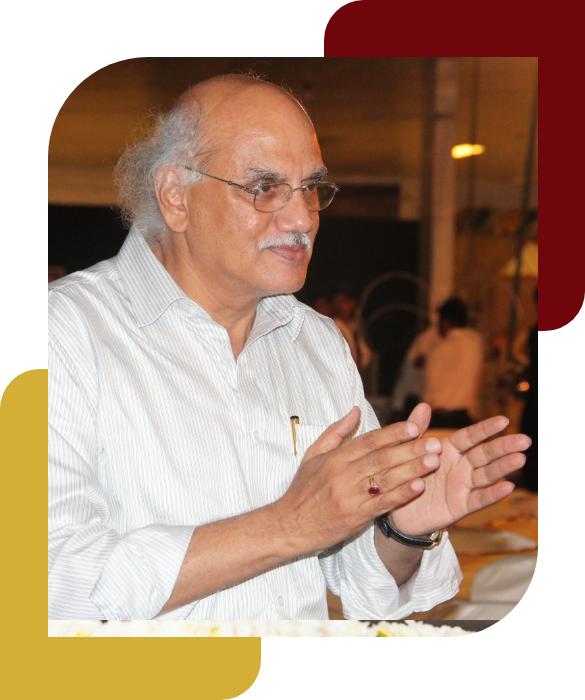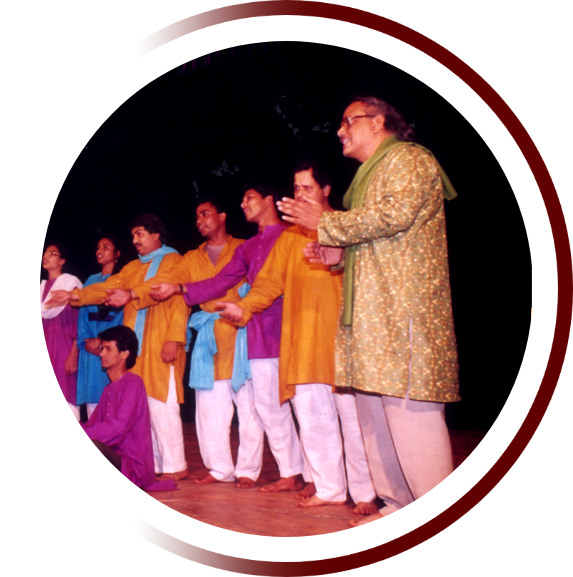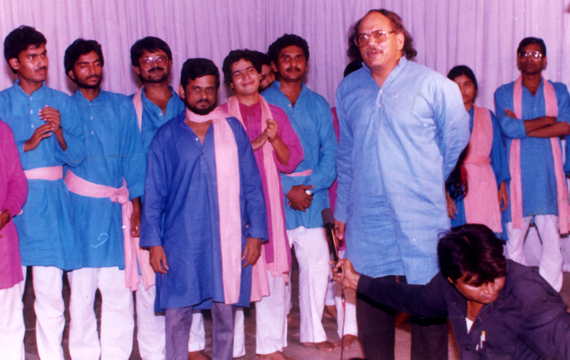
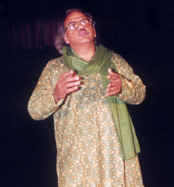
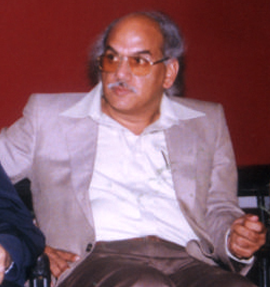
Early Foundations and Artistic Roots

Santosh Choubey’s engagement with theatre began during his college years, where it emerged as one of his key creative pursuits. However, his formative breakthrough came in the early 1980s through a serious theatre workshop organized in Delhi by the National School of Drama’s Hema Sahay and Ashok Mishra. The workshop staged “Garm Kamra”, a Hindi translation by Raghuvir Sahay of a play by Polish dramatist Ferenc Karinthy. Santosh not only acted in the production but also found himself amidst literary luminaries such as Agyeya, Raghuvir Sahay, Namvar Singh, and Krishna Sobti, marking his entry into intellectual and experimental theatre circles.
This phase also included performances in Shakespearean dramas such as “The Merchant of Venice” and other contemporary plays, demonstrating his early range as an actor and performer.
